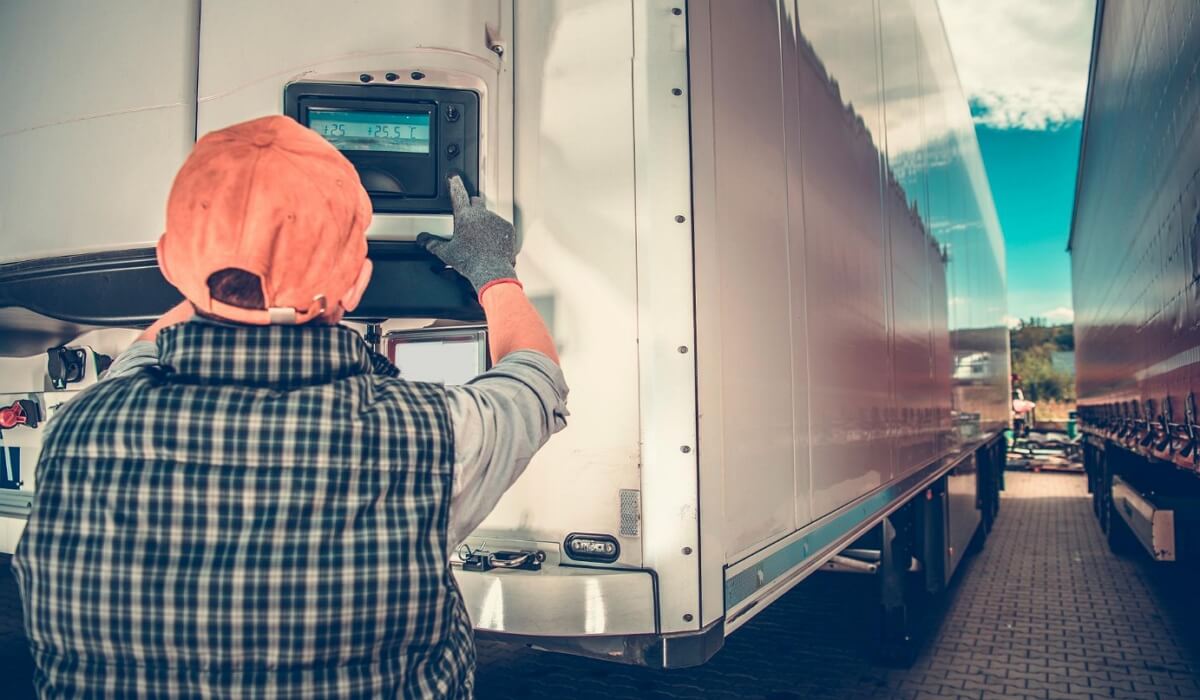
Transporting temperature-sensitive goods requires specialized equipment, experienced personnel, and precise coordination. Whether you’re shipping perishable food items, pharmaceuticals, or other delicate products, choosing the right transportation company is crucial. This article will guide you through the essential factors to consider when selecting a reliable and efficient temperature-controlled transportation service within the USA and Canada.
Industry Experience and Reputation
Experience is paramount in the temperature-controlled transportation industry. Look for companies with a proven track record of handling similar goods to yours. Check online reviews, ask for client references, and research the company’s history to gauge their reputation and reliability. Experts in this niche always offer real-time temperature monitoring with advanced sensors and tracking systems, strict quality control to check product temperature at each stage of the process, and compliance with regulatory requirements. Here is a complete list of services and peculiarities to consider: https://www.divinetrans.com/page/reliable-company-for-transportation-temperature-controlled-goods.
Fleet Quality and Maintenance
Ensure that the company has a modern, well-maintained fleet of temperature-controlled vehicles. Ask about their maintenance procedures, frequency of vehicle inspections, and the technology they use to monitor and control the internal environment of their trailers.
Temperature Monitoring and Control
The ability to precisely control and monitor the temperature inside the transportation unit is vital. Inquire about the company’s temperature monitoring systems, and ensure they provide real-time data accessible to both the driver and the customer. This transparency allows for immediate action if temperatures deviate from the required range.
Certification and Compliance
Check that the transportation company complies with all relevant regulations and has the necessary certifications for transporting temperature-sensitive goods. In the USA, the Food and Drug Administration (FDA) sets guidelines for the transportation of food, while the Department of Transportation (DOT) regulates the transportation of hazardous materials. In Canada, Transport Canada oversees the transportation of dangerous goods.
Safety Measures
Assess the company’s commitment to safety. This includes their driver training programs, safety protocols, and emergency response plans. A company that prioritizes safety is more likely to handle your goods with the care they deserve.
- Insurance and Liability. Verify that the transportation company is adequately insured to cover potential losses or damages to your goods. Ask about their liability coverage and ensure it aligns with the value of your shipment.
- Transparent Pricing. Obtain detailed and transparent pricing quotes from multiple companies to compare costs. Ensure that the quote includes all potential fees, such as fuel surcharges, loading and unloading fees, and any additional charges for expedited services.
- Customer Service and Communication. Effective communication is key in temperature-controlled transportation. Choose a company that is responsive, provides regular updates on your shipment’s status, and is available 24/7 for any inquiries or issues that may arise.
- Flexibility and Reliability. Select a transportation company that can adapt to your specific needs and provides reliable services. Assess their on-time delivery rates and ability to handle last-minute changes or emergencies.
What Goods Require Temperature-Controlled Transportation?
Temperature control during transportation is crucial for a wide variety of goods to ensure they maintain their quality, safety, and integrity. This requirement spans across numerous industries, including food and beverage, pharmaceuticals, cosmetics, and certain chemicals and materials.
Perishable food items such as fruits, vegetables, dairy products, meat, and seafood are prime examples of goods requiring meticulous temperature management. These products are susceptible to bacterial growth and spoilage if exposed to inappropriate temperatures, which can pose serious health risks to consumers. Additionally, certain processed foods, chocolates, and candies need temperature-controlled environments to maintain their texture and prevent melting. In the pharmaceutical industry, many medications, vaccines, and biological samples are temperature-sensitive. Even a minor deviation in temperature can reduce their efficacy or render them unsafe for use. Cosmetics and skincare products, too, often need to be transported within specific temperature ranges to preserve their consistency, effectiveness, and shelf life. Some industrial chemicals and materials, including adhesives, coatings, and batteries, also require controlled temperatures to prevent degradation and ensure they perform as intended upon reaching their destination.
Final Thoughts
Maintaining the proper temperature throughout transportation is not just about preserving the quality of the products; it is also a regulatory requirement in many cases, particularly for food and pharmaceuticals. This makes it imperative for businesses to partner with reliable transportation companies that specialize in temperature-controlled logistics, ensuring that goods are transported under optimal conditions from origin to destination.
Choosing the right temperature-controlled transportation company is a critical decision that impacts the integrity of your goods and the success of your business. By thoroughly researching potential providers, and assessing their experience, equipment quality, safety measures, and customer service, you can ensure that your temperature-sensitive goods are in safe and capable hands. Remember, the lowest price doesn’t always equate to the best value; focus on quality, reliability, and the assurance that your goods will arrive in perfect condition.



